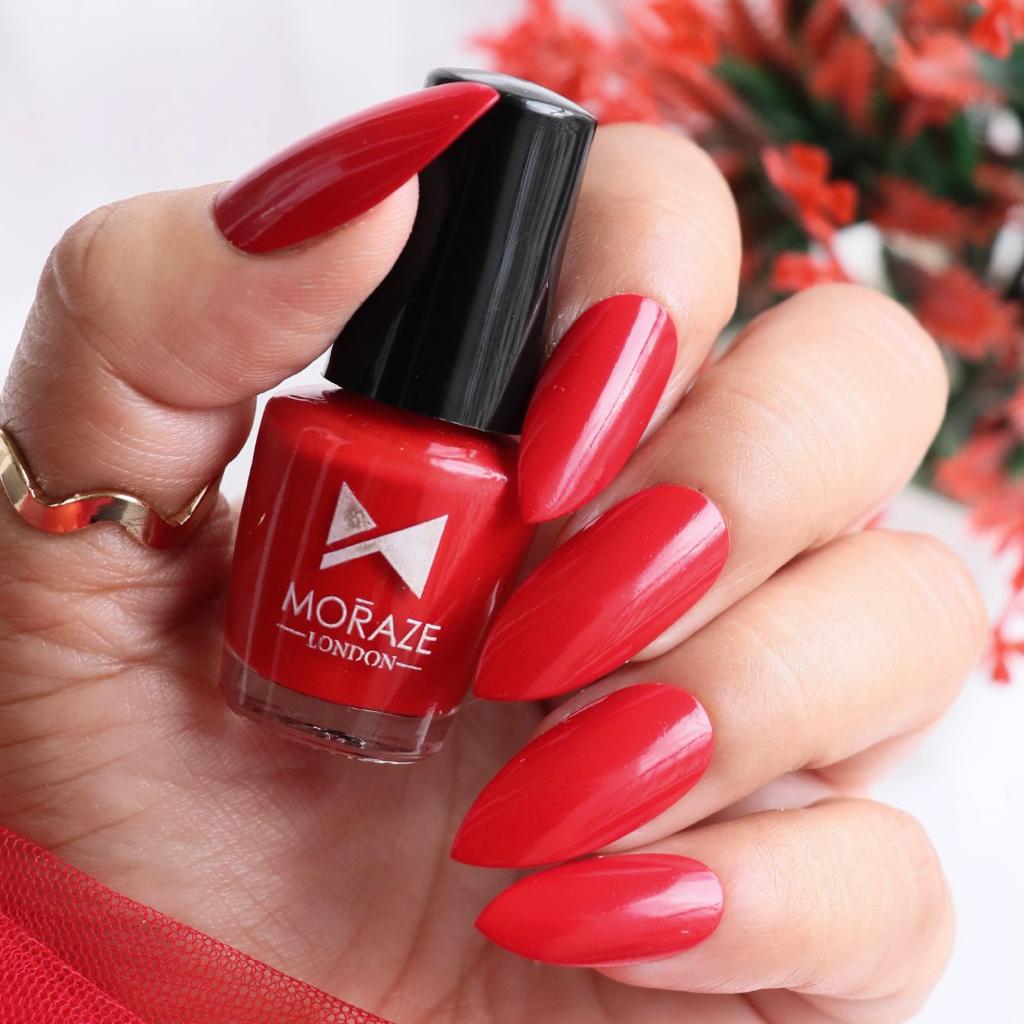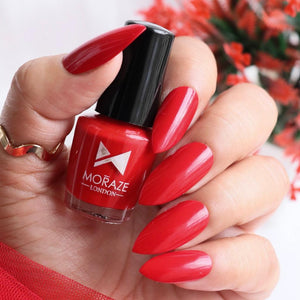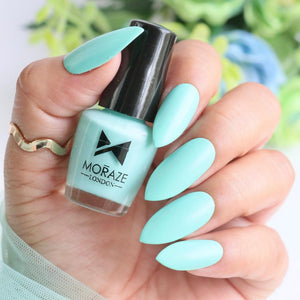Taking care of your skin is an essential part of your self-care routine. It is not only about looking good but also about feeling confident in your own skin. However, with so many skincare products and routines out there, it can be overwhelming for beginners to know where to start. In this beginner's guide to skincare, we'll share tips for a flawless complexion that anyone can follow.
Know your skin type:- The first step in any skincare routine is understanding your skin type. This will help you choose the right products and treatments that work best for you. There are five main skin types: normal, dry, oily, combination, and sensitive. Normal skin is well-balanced, while dry skin lacks moisture. Oily skin produces excess sebum, while combination skin has oily and dry areas. Sensitive skin is easily irritated.To determine your skin type, wash your face with a gentle cleanser and wait for an hour without applying any skincare products. Observe your skin and how it feels. If your skin feels tight and flaky, you may have dry skin. If it looks shiny and feels oily, you may have oily skin. If you have a mix of both, you may have combination skin. If your skin feels fine but becomes easily irritated, you may have sensitive skin.
Develop a basic skincare routine:- Once you know your skin type, you can develop a basic skincare routine. A simple routine consists of three steps: cleansing, toning, and moisturizing. Cleansing removes dirt, oil, and makeup from your skin. Toning helps to balance your skin's pH levels and prepares it for moisturizing. Moisturizing keeps your skin hydrated and protected. For cleansing, choose a gentle cleanser that suits your skin type. Foaming cleansers work well for oily skin, while creamy cleansers are better for dry skin. For toning, use an alcohol-free toner that is suitable for your skin type. For moisturizing, choose a moisturizer that is suitable for your skin type and contains SPF if you plan to go outside.
Exfoliate regularly:- Exfoliation is the process of removing dead skin cells from your skin's surface. This helps to brighten your complexion and improve your skin's texture. However, it is important not to overdo it, as too much exfoliation can damage your skin.For mild exfoliation, you can use a physical exfoliant, such as a scrub, once or twice a week. For deeper exfoliation, you can use a chemical exfoliant, such as glycolic acid or salicylic acid, once a week. However, if you have sensitive skin, be cautious with exfoliation, and consider using gentler methods like enzymatic exfoliants.
Protect your skin from the sun:- The sun's harmful UV rays can cause damage to your skin, leading to premature aging, dark spots, and even skin cancer. Therefore, it is essential to protect your skin from the sun.To protect your skin, use a broad-spectrum sunscreen with an SPF of 30 or higher every day, even on cloudy days. Apply it generously to your face, neck, and any other exposed areas of your body, and reapply every two hours if you are outdoors.
.Hydrate and nourish your skin from the inside:- Your skin's appearance is not only determined by what you apply topically but also by what you eat and drink. Drinking plenty of water and eating a balanced diet that includes fruits, vegetables, and healthy fats can help to hydrate and nourish your skin from the inside.
Additionally, consider incorporating skin-boosting supplements into your diet. Vitamin C, collagen, and omega-3 fatty acids are all beneficial for healthy skin.






